From a woman in the Governor's tent with military achievements
History books recorded that in July of Nham Than (1572), the Mac army launched a major attack on the Ai Tu headquarters of Doan Quan Cong Nguyen Hoang. That is, after 14 years in Thuan Hoa (Mau Ngo - 1558), the Governor still faced many difficulties from all sides without a convincing victory to stabilize the military situation after the spectacular escape saved by Tra Quan Cong phu nhan in Tan Mui (1571). At this time, he still wanted to have a first victory by all means to encourage his soldiers.
General Mac, Lap Bao, took the people of Chau Bac Bo Chinh as his guide and led 60 soldiers and boats across the sea to rob and set up camp from the road from Ho Xa commune to the South. When the enemy was strong, the Governor brought his troops to defend and camped at Ai Tu river. One night, he suddenly heard a sound of "trao trao" coming from the river. Strangely, Doan Quan Cong prayed: "If the river spirit is sacred, please help me fight the enemy". That night, in his dream, the Governor saw a woman in a green shirt, holding a silk fan, coming forward and saying: "If you want to eliminate the enemy, you should use a beauty trick to lure them to the sandbank. I ask for your help!". When he woke up, he wondered if the woman in his dream had secretly told him to use a beauty trick?
At that time, in the tent, there was a maid from Thế Lại village named Ngô Thị Ngọc Lâm (also known as Thị Trà) who was beautiful and intelligent beyond others. The Duke of Đoan ordered her to bring gold and silk to lure Lập Bảo to the riverbank where the “tráo trao” cry was heard to use a trick. She went to the Mạc army camp and said: “My lord heard that the general had come from afar, so I brought a small gift to make peace and not fight anymore.” Lập Bảo liked Ngô Thị’s beauty but was still alert and cautious, saying: “Are you here to lure me?”. Ngô Thị tactfully replied, Lập Bảo immediately believed her and kept her in the tent. Ngô Thị took the opportunity to invite Lập Bảo to the riverbank to take an oath with the lord. The Duke of Đoan immediately built a thatched temple on the riverbank where the “tráo trao” cry was heard to be used as a place to take an oath and dug a secret tunnel. When the time came, Lập Bảo and Ngô Thị sat on a small boat with a few dozen attendants. When they arrived at the shore, they saw that there were only a few people under the lord’s flag, so Lập Bảo was calm and unconcerned, leisurely walking to the temple door. Suddenly the ambush rose up, Lap Bao was scared and ran down to the boat but did not make it in time, fell into the water and was shot dead. The army took advantage of the victory to attack, sank many enemy boats, the enemy surrendered, the lord allowed them to stay in the area of Con Tien and above, established 36 wards of Bai An commune.
In triumph, the lord conferred the title of Trao Trao Linh Thu Pho Trach Tuong Huu Phu Nhan on the river god, built a temple to worship her, rewarded Ngo Thi and granted her marriage to the Deputy Commander of the Thien Vo Guard, Vu Doan Trung (Dai Nam Thuc Luc,Education Publishing House, 2002, Vol. 1, pp. 31-32).
Nam Trieu Cong Nghiep Dien Chi (Nguyen Khoa Chiem) gives more details that she refused to marry into the family of a mandarin named Van Hung Ba Vu Doan Trung, whose name was Nghi Con, who was a Deputy Doan Su in the Thien Vu Guard, and who served as a servant in the Lord's palace. He was handsome, both literary and martial, and was very much loved by the Lord. The Lord affirmed her contributions in this battle, so he granted her a marriage that "made her great achievements known" even though she insisted that she only wanted to serve the Lord and keep her virginity. Sacrificing herself for the country would defile her body, and it would be difficult to wash away, so she only asked to do the kitchen and sweeping work to repay him and was determined "to the death, she would not dare to obey orders". After much persuasion, she finally agreed.
To the goddess of the time of opening the Dang Trong region
With the help of Mr. Ngo Kim Khanh, Ngo Kim Loc, Ngo Phi Bao, Ngo Phi Thanh..., we went to offer incense at the village communal house - the temple of Thanh Hoang Khai Canh of The Lai Thuong village (324 Bach Dang, Hue ), especially at the altar of Huu Ban, there are two deities worshiping Mrs. Ngo Phi and Nhu Nuong. The deities honor her as the Former Dynasty Cung Nhan, the Royal Seal of the Trung Hung Linh Phu, the deity Ngo Phi, the title Ngoc Lam, the deity, and the wet nurse Pham, the deity of the Former Dynasty Nhu Nuong Pham.
Not only that, Ngo Phi street (Ly Nam De street) still worships and commemorates the death anniversary of the two Ladies along with the mausoleum in Con Ke (lane 40 Ly Nam De, Hue). Unfortunately, on the Lady's tombstone, it is simply written: The tomb of the 3rd generation Lady Ngo Phi Thi De Nhi Nuong, main death date 24/11al. All descendants of the 15th generation, paternal and maternal grandchildren, worshiped together, Spring 2000.
It is clear that she was deified, as stated in the deity and the Nguyen Dynasty's decree on March 18, the 2nd year of Khai Dinh (1917) to The Lai commune, Huong Tra district, Thua Thien prefecture, serving Ngo Ngoc Lam phu nhan chi than, with the title of Duc bao Trung Hung Linh pho ton than. Beside her was a servant who was honored as Nhu nuong (wet nurse) and according to the elders, in Hien Sy, the two women's graves were next to each other. The uncles in the Ngo Phi family, uncle Nguyen Dac Chinh also said that it was widely believed that she committed suicide as a form of tribute, so the family and the village took care of worshiping her as they do today and there was absolutely no information about her husband or children. Over time, facing many difficulties, the temple and the rituals to worship her have long been carefully organized by the people, on a modest and simple scale.
The feats of turning death into life
From North to South, the names Bo Chinh - Bo Chinh, "Southern fence", "land of the heart" have reflected the "evil land" nature of the land south of Hoanh Son in the traditional concept of Thang Long. In the late Le Dynasty, this place was also harassed by the remnants of the Mac army, making the situation even more tense when Doan Quan Cong Nguyen Hoang came to receive the flag of command to guard Thuan Hoa in the year Mau Ngo (1558).
With countless difficulties, but with the strategic vision of an outstanding politician and the joint help of heroes, especially both people and gods, to nurture a new political force in the direction of gradually shaping the character of "the true mandate of heaven", making the dead land of Hoanh Son - Hai Van Son gradually transformed into a unique path for the whole nation to go to the South, maximizing the tradition of wet rice agriculture in the Southern region - the rice granary of Dong Nai Gia Dinh.
Passing Hoanh Son, approaching the vast sea and sky of Southeast Asian civilization, the arduous journey of the Nguyen Hoang garrison had to be extremely careful to face the differences of natural geography and social humanity, especially the goddesses of the South. Therefore, the most effective method of winning people's hearts and minds is the message that shows the sign of "heaven's mandate" when receiving both the hearts of people and the will of heaven, the gods and spirits support. After the first counter-attack victory in 1571 marking the merit of the founding hero Tra Quan Cong Phu Nhan, there was another heavenly sign through the manifestation of the goddess Ai Tu river through the sound of the Trao Trao bird to devise a plan for beauties in the war with the remnants of the Mac army in 1572, associated with Mrs. Ngo of The Lai village.
Lord Nguyen expanded the territory with the help of military heroes and gods, especially with the message of encouragement for the soldiers in the difficult early days, highlighting the contributions of Tra Quan Cong Phu Nhan, Trao Trao Phu Nhan and Ngo Ngoc Lam Phu Nhan, who later became gods and were granted titles by the royal court. They were truly female heroes - gods who quietly expanded the territory that the country needed to affirm and honor in a worthy and effective way.
Source








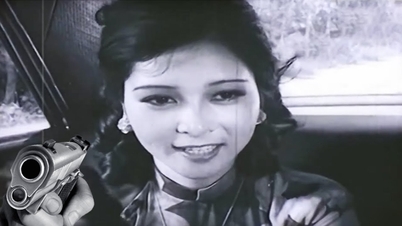

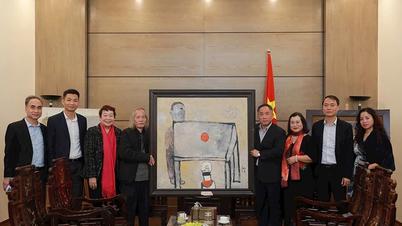



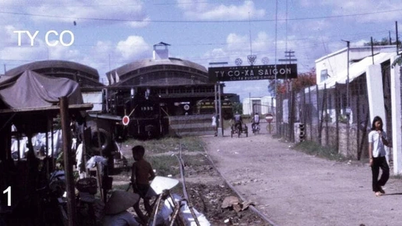
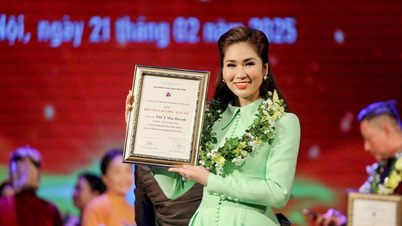




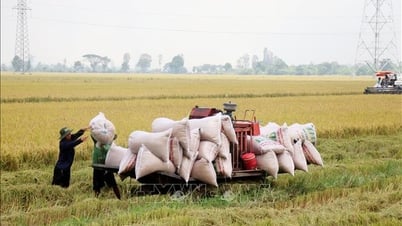


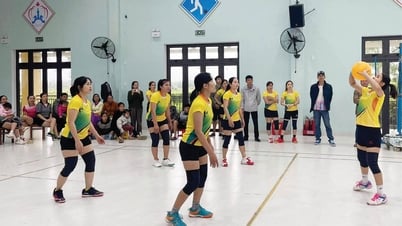
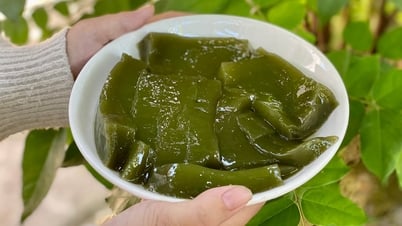
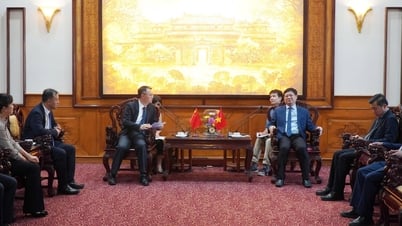































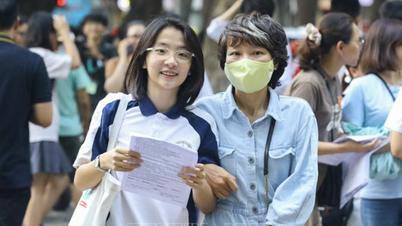
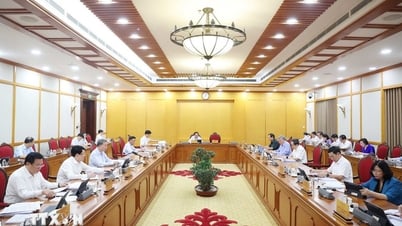







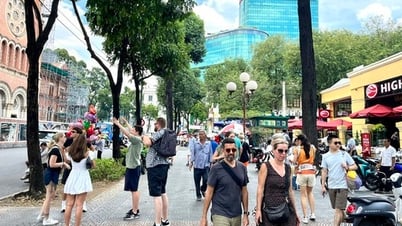


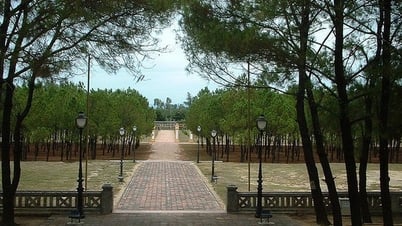



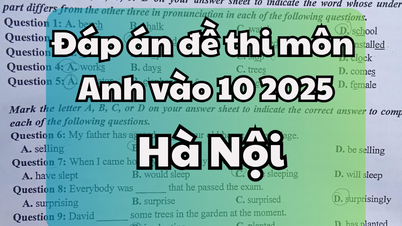

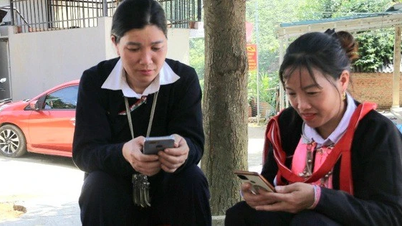

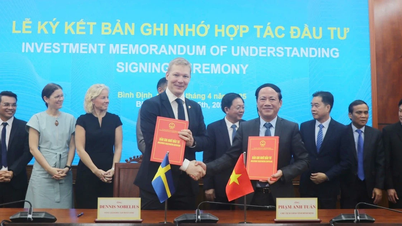

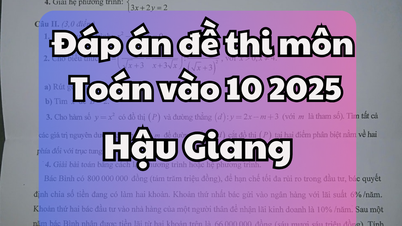







![[OCOP REVIEW] Tu Duyen Syrup - The essence of herbs from the mountains and forests of Nhu Thanh](https://vphoto.vietnam.vn/thumb/402x226/vietnam/resource/IMAGE/2025/6/5/58ca32fce4ec44039e444fbfae7e75ec)



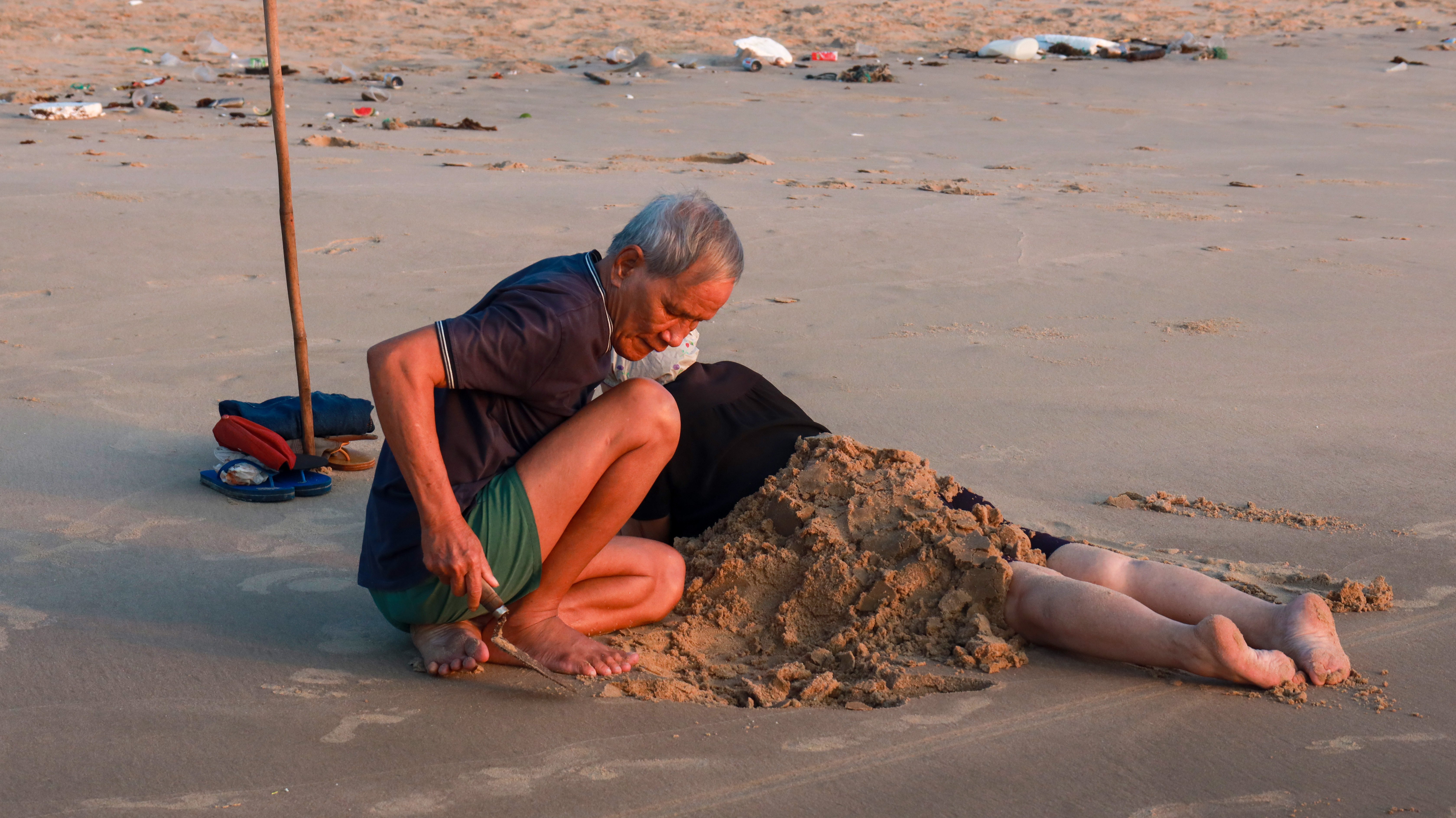
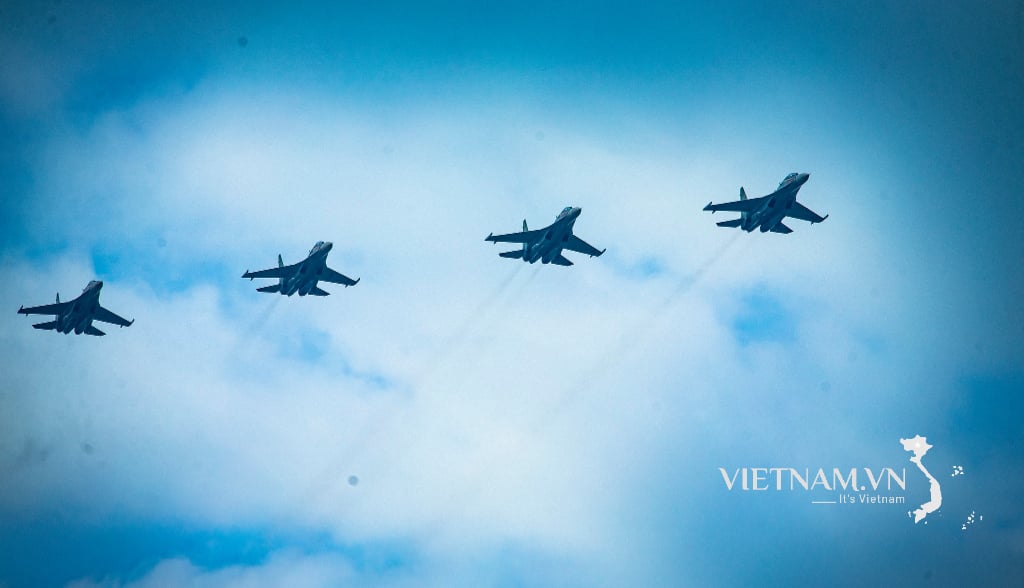

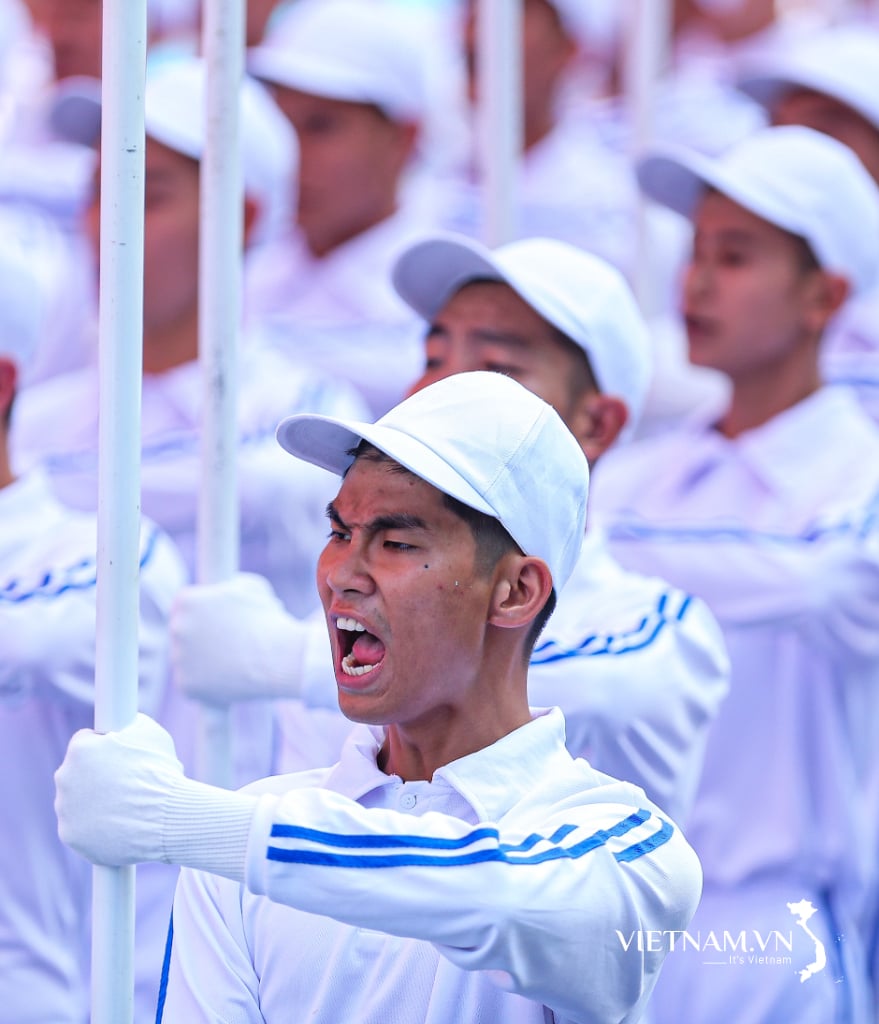
Comment (0)